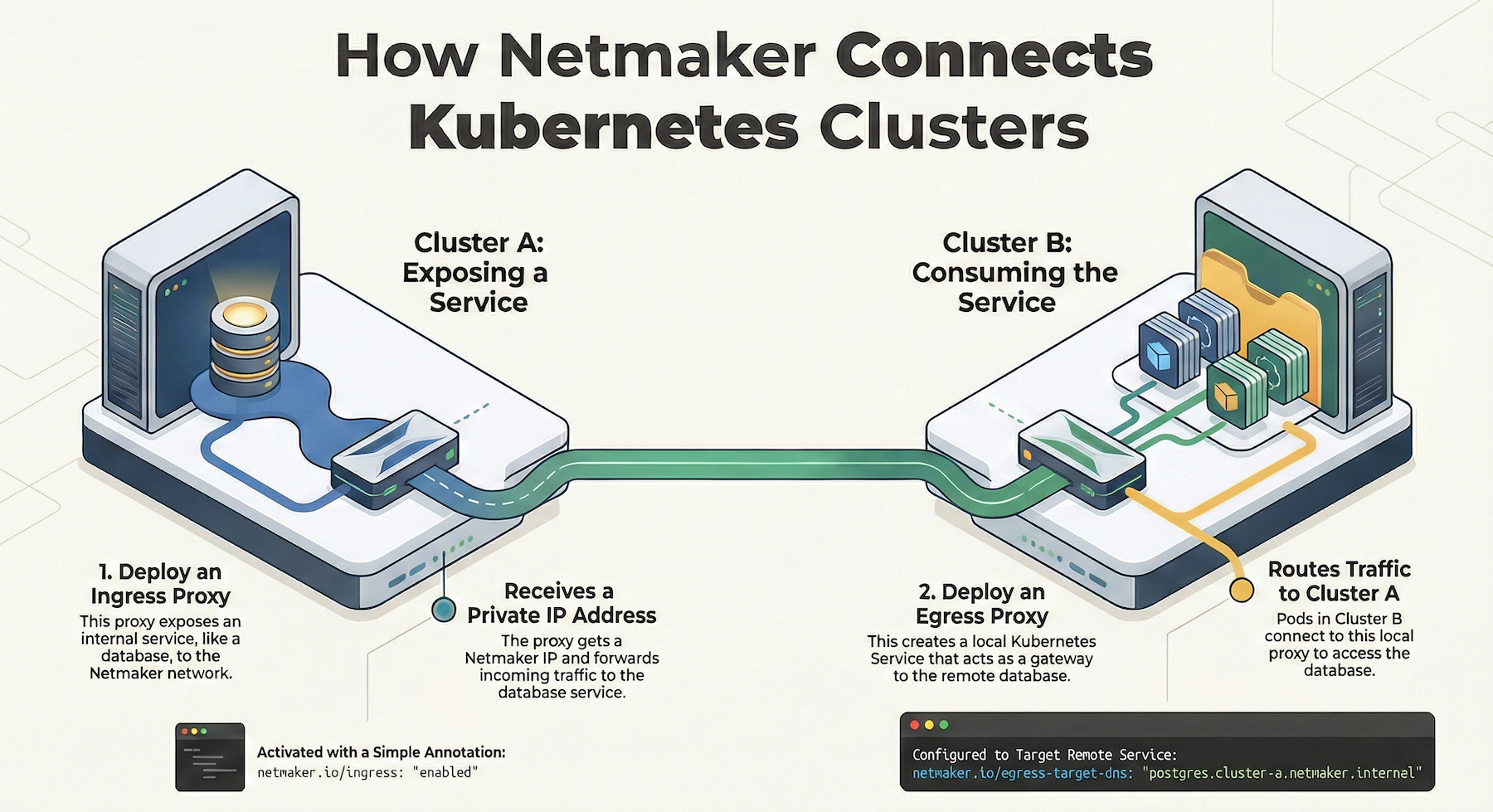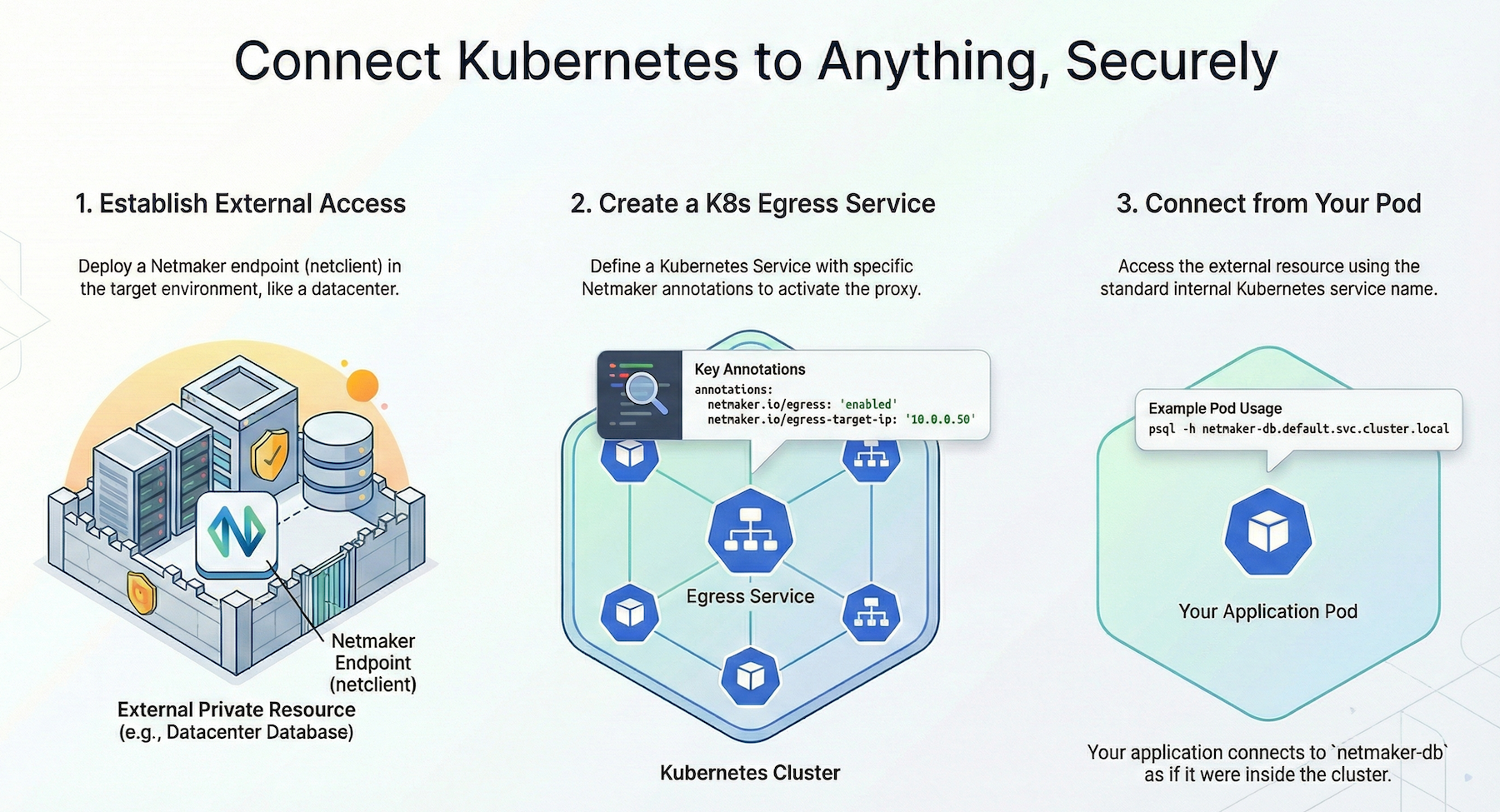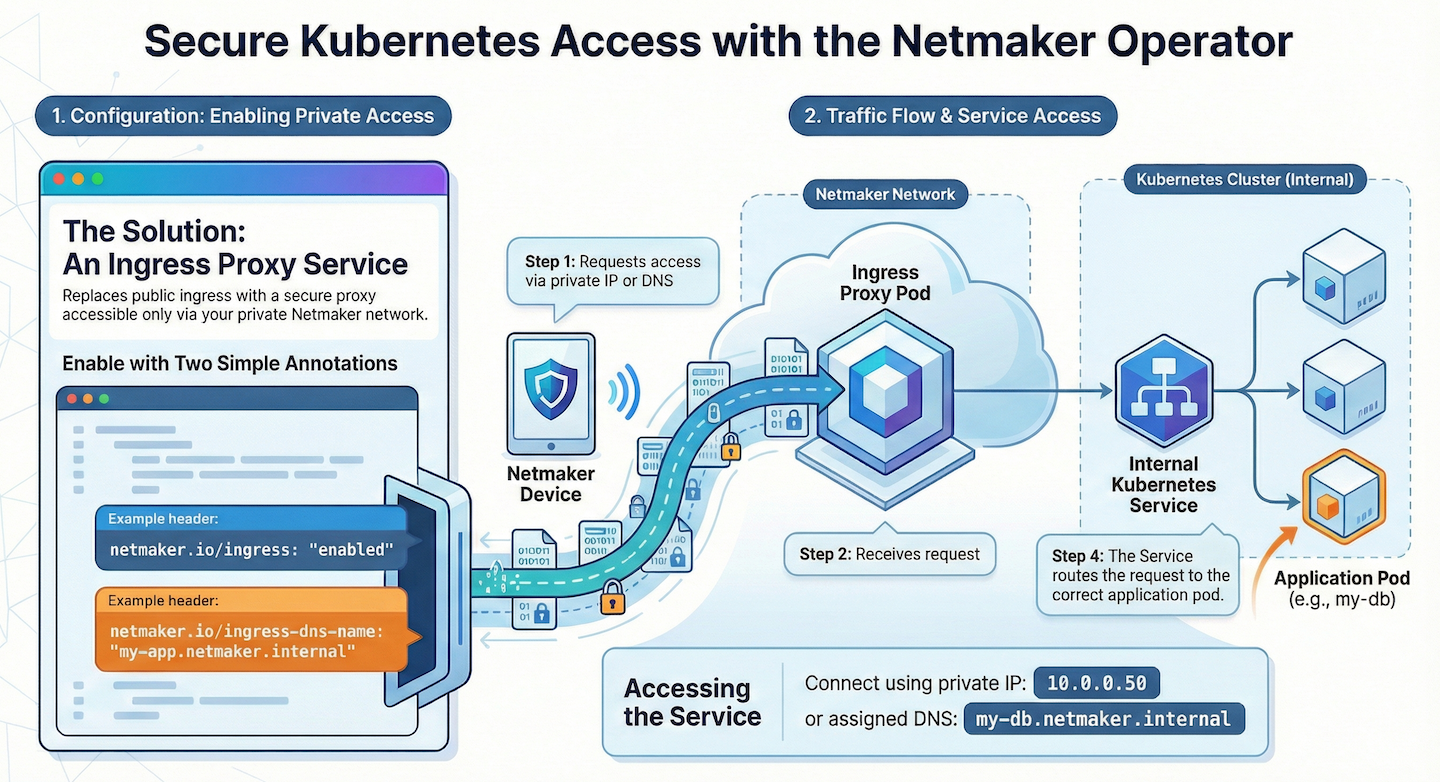Choosing the Right VPN Protocol

This generation’s increasingly distributed workforces and cloud-centric environments have made virtual private networks (VPNs) critical for securing remote access and inter-network connectivity.
Your chosen VPN protocol can significantly impact your ability to achieve these goals. This article equips IT administrators, network architects, cloud engineers, and CTOs—particularly at mid-to-large tech companies like MongoDB, Okta, Cloudflare, and Outbrain—to navigate the VPN protocol landscape and select an optimal solution.
Selecting the Optimal Protocol: A Comparative Analysis
Choosing the right VPN protocol for your organization requires a meticulous evaluation of the inherent strengths and weaknesses of each contender. This section offers a high-level technical comparison of three prevalent protocols:
- OpenVPN
- IKEv2/IPSec
- WireGuard
Let’s dig in.
OpenVPN: The Customizable Workhorse
OpenVPN reigns supreme as a highly customizable open-source protocol. At its core, it affords a robust and flexible foundation, supporting encryption algorithms like AES-256 and ciphers to tailor security precisely to your organization's requirements.
Leveraging a user-space implementation, OpenVPN grants granular control over every aspect of the VPN tunnel, including:
- Cryptographic suites
- Handshake mechanisms
- Tunnel establishment parameters
While this granular control empowers extensive customization, it can potentially impact performance compared to kernel-level protocols like WireGuard.
The open-source nature of OpenVPN fosters a large and active developer community, which translates to continuous feature development, a wealth of resources, and independent security audits. These foster a strong foundation for trust and transparency within your VPN solution.
IKEv2/IPSec: Native Integration, Streamlined Deployment
The combined deployment of IKEv2 for key exchange and IPSec for secure data encapsulation presents a compelling choice for organizations seeking a balance between native integration, robust security, and mobile-centric functionality.
IKEv2 boasts native integration within most modern operating systems and devices, streamlining deployment and ongoing management.
When coupled with IPSec, it inherits a well-established security posture, leveraging protocols like ESP (Encapsulating Security Payload) and AH (Authentication Header) to ensure data confidentiality, integrity, and origin authentication.
This combination excels in mobile environments due to its ability to seamlessly re-establish VPN connections upon network transitions, such as when switching between cellular data and Wi-Fi.
However, IKEv2/IPSec can be less customizable than OpenVPN, potentially limiting your ability to fine-tune the protocol for your specific security posture. Historical vulnerabilities within IPSec implementations require up-to-date security patches across your network infrastructure.
WireGuard: The Lightweight Contender
WireGuard, a relative newcomer to the VPN scene, disrupts the status quo by presenting a lean and modern approach to secure network tunneling. This protocol prioritizes speed and ease of deployment with a streamlined codebase and a kernel-level implementation.
By using modern cryptographic primitives like Noise Protocol Framework (NPK) for key exchange and ChaCha20Poly1305 for cipher suites, WireGuard demonstrably achieves impressive connection speeds.
However, WireGuard's relative youth means a less established security track record than more mature protocols like OpenVPN and IKEv2/IPSec. While the streamlined codebase offers potential advantages in terms of auditability, its limited deployment history necessitates a more cautious approach for security-conscious organizations.
Why WireGuard Stands Out: A Deep Dive Into Its Technical Merits
WireGuard carves a unique path within the VPN landscape, compelling organizations to seek a balance between robust security, exceptional performance, and effortless manageability.
Let's delve deeper into the technical aspects that differentiate WireGuard from its established counterparts.
Modern Cryptographic Foundation
WireGuard departs from traditional approaches by leveraging the Noise Protocol Framework (NPK) for key exchange. NPK offers several advantages over IKEv2's reliance on pre-shared keys (PSK) or Digital Certificates:
- Perfect Forward Secrecy (PFS): NPK employs a continuous handshake process, ensuring that even if a long-term key is compromised, past sessions remain secure.
- Reduced Attack Surface: NPK utilizes ephemeral key pairs, reducing the attack surface and potential impact of key vulnerabilities.
WireGuard employs ChaCha20Poly1305 as its primary cipher suite. This modern stream cipher boasts demonstrably faster speeds compared to the ubiquitous AES-GCM used in OpenVPN and IKEv2/IPSec, while maintaining comparable security properties.
Notably, ChaCha20Poly1305 is resistant to certain side-channel attacks that can plague classic block ciphers like AES.
Streamlined Architecture and Efficient Processing
Unlike OpenVPN's user-space implementation, WireGuard operates at the kernel level. This offers several advantages:
- Reduced Overhead: Eliminates the need for context switching between user and kernel space, leading to significant performance gains.
- Smaller Attack Surface: WireGuard's codebase is remarkably lean, focusing solely on core VPN functionality. This minimalistic approach reduces potential attack vectors and simplifies code audits for security teams.
- Optimized Processing: WireGuard embraces modern techniques like vectorized instructions and hardware acceleration, where available, to further optimize data processing and encryption/decryption operations.
Effortless Deployment and Management
WireGuard is a protocol that offers simplified administration when compared to other protocols. This is due to its concise configuration files that are easy to read and less prone to human error.
Additionally, WireGuard eliminates the need for additional user-space software by integrating at the kernel level, making it easier to deploy in a variety of environments.
Scalability and Integration with Management Platforms
WireGuard's design inherently scales well:
- Efficient Routing: The kernel-level implementation ensures efficient routing and minimizes processing overhead, even with a significant number of concurrent VPN connections.
- Management Platform Integration: WireGuard integrates seamlessly with modern network management platforms like Netmaker.io. These platforms leverage WireGuard's dynamic routing capabilities and allow for automated configuration and policy enforcement.
Cross-Platform Compatibility
WireGuard is a VPN protocol that provides a seamless user experience across different devices and platforms. It natively supports various operating systems, such as Linux, Windows, macOS, Android, and iOS.
Its open-source nature encourages active community development, resulting in continuous platform support and feature enhancements.
This protocol presents a compelling alternative for organizations seeking a high-performance, secure, and easy-to-manage VPN solution.
While its relative youth necessitates a cautious approach from security-focused organizations, its modern cryptographic foundation, streamlined architecture, and ease of deployment make it a strong contender in the ever-evolving VPN landscape.
Unleashing WireGuard's Potential for Your Business
WireGuard's technical merits present a compelling argument for its adoption within your organization's VPN strategy. However, harnessing its full potential is only possible through careful deployment, management, and ongoing maintenance. Here's where a managed WireGuard solution like Netmaker.io comes into play.
Netmaker.io offers a comprehensive platform specifically designed to simplify and streamline the deployment and management of WireGuard VPNs at scale. It offers several key advantages for your engineering team:
- Automated Provisioning and Configuration: Netmaker eliminates the need for manual configuration of individual WireGuard peers. The platform leverages infrastructure as code (IaC) principles and templates to automate the provisioning and configuration of WireGuard across your entire network infrastructure.
- Centralized Policy Management: Netmaker provides a centralized platform for defining and enforcing security policies across your entire WireGuard deployment. It streamlines policy management and ensures a consistent security posture across all remote access points.
- Real-time Monitoring and Analytics: Netmaker offers comprehensive real-time monitoring and detailed analytics for your WireGuard VPN infrastructure. This allows your team to proactively identify and troubleshoot any potential issues, ensuring optimal performance and uptime for your remote users.
- Simplified User Management: Netmaker facilitates user onboarding and lifecycle management for your VPN users. You can leverage role-based access control (RBAC) to grant granular access permissions to different user groups, ensuring a balance between security and user experience.
- Integration with Existing Workflows: Netmaker seamlessly integrates with your existing infrastructure and workflows. This allows you to leverage existing tools and processes for user authentication, logging, and monitoring, minimizing disruption to your established IT environment.
For a deeper dive into WireGuard and its configuration details, explore our comprehensive guide here.
Conclusion
Selecting the optimal VPN protocol for your organization necessitates a nuanced understanding of your specific requirements.
While established protocols like OpenVPN and IKEv2/IPSec offer well-trodden paths, WireGuard presents a compelling alternative for security-conscious organizations seeking exceptional performance and effortless manageability. Its modern cryptographic foundation, streamlined architecture, and ease of deployment make it a strong contender in the ever-evolving VPN landscape.
However, fully realizing WireGuard's potential necessitates careful consideration of deployment and ongoing management. Here's where a managed WireGuard solution like Netmaker.io shines.
Netmaker.io streamlines the deployment and management of your WireGuard infrastructure, allowing your IT team to focus on core business objectives while ensuring the security and reliability of your remote access.
Enhancing VPN Management with Netmaker
Netmaker offers a streamlined approach to managing VPN networks, particularly beneficial for organizations utilizing WireGuard for its speed and security. Its ability to automate the deployment and management of WireGuard networks significantly reduces the operational overhead typically associated with VPN management. By providing a centralized platform for network orchestration, Netmaker simplifies the configuration, monitoring, and scaling of VPN connections, ensuring that your organization can maintain robust security without sacrificing performance. The platform's integration with Docker and Kubernetes further facilitates seamless deployment across various environments, enhancing the flexibility and scalability of your network infrastructure.
Moreover, Netmaker's support for multi-cloud environments allows organizations to extend their VPN capabilities across different cloud providers, ensuring consistent security policies and connectivity regardless of the underlying infrastructure. Its advanced features, such as egress gateways and DNS management, provide additional layers of control and security, enabling precise traffic routing and visibility. By leveraging these capabilities, organizations can effectively address the challenges of distributed workforces and complex network architectures, ensuring secure and efficient remote access. To begin optimizing your VPN strategy with Netmaker, sign up here and experience the benefits firsthand.
.svg)








.svg)